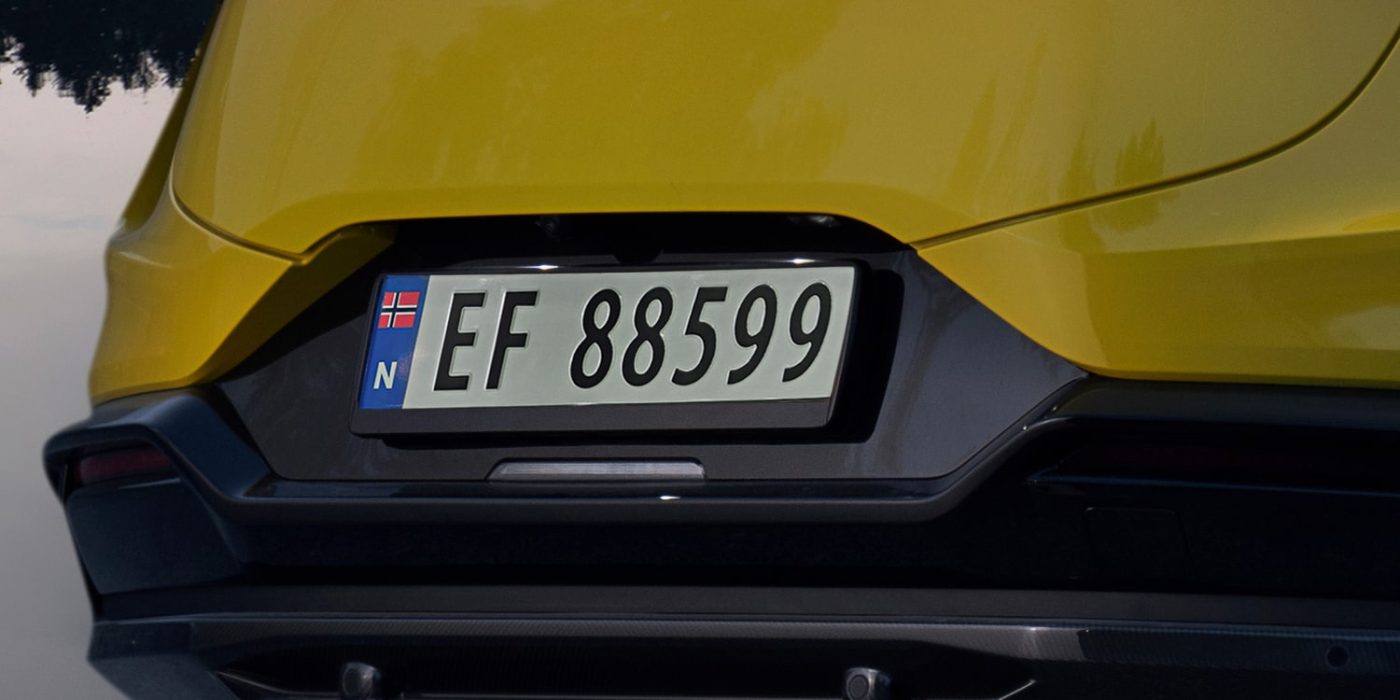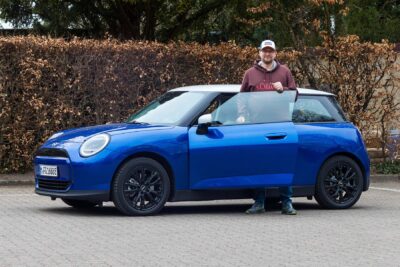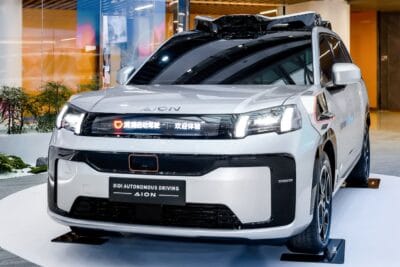Norway extends reduced toll for electric cars
“In the long run, it will be possible to raise the rate for zero-emission cars above this upper limit,” the transport plan states. The government is not more specific at this point. Oslo is preparing to soften the existing toll relief that the Norwegian electric car association Elbil describes as “one of the most important elements of the electric car policy”. Although electric cars will continue to be subsidised, the government believes that subsidizing electric cars weakens the long-term goal of shifting traffic from cars to public transport and bicycles, particularly in urban areas. The advantages of electric cars have already been the subject of much debate in Norway.
Not surprisingly, the electric vehicle association is against the reduction of government support. “The environmental tax is an important tool to encourage even more people to replace their fossil-fuelled car with an electric car, both people who buy new cars and used cars,” says Secretary General Christina Bu of the electric vehicle association. She points out that despite the high number of new electric registrations in Norway, three out of four cars on the road still have combustion engines.
However, there is a binding statement on tolls for electric trucks and buses: The government in Oslo also stipulates that heavy-duty electric commercial vehicles will be completely exempt from tolls by 2030. In the planning period up to 2036, the government also intends to invest 3.7 billion Norwegian kroner (around 318 million euros) to expand truck charging infrastructure on motorways. “The development we have seen with electric cars is also feasible for heavy goods vehicles. The prerequisite for this is that lorries that have to cover long distances can charge en route and that charging can be combined with the drivers’ statutory breaks,” says Minister for Transport and Communications Jon-Ivar Nygård. Establishing more 24-hour rest areas that also offer charging facilities would positively impact the climate and be important for drivers’ everyday working lives.
The new national transport plan also confirms the goal that all new heavy-duty vehicles must be emission-free or use biogas by 2030. The ban on combustion engines for new vans, which also applies to new cars, also formally remains in place – although the target will probably not be met.
“The climate targets for vans are completely outdated and should be updated,” says Bu. “We have no chance of achieving the van target for 2025. And it makes little technical sense to differentiate between light and heavy vans when the proportion of electric vehicles in both is roughly the same.”
With the long-term transport plan, the government in Oslo wants to improve safety in addition to the environmental targets. “With this plan, we are preparing for a new era. In six years, we must meet our greenhouse gas emission targets, adapt to a new security policy situation, and to increasingly frequent extreme weather conditions,” says Transport Minister Nygård. “This impacts our transport planning, so we need to set strict priorities.” Among other things, the government wants to give a “major boost” to rural roads.
elbil.no (tolls), regjeringen.no (communication on the transport plan), regjeringen.no (communication on electric trucks), regjeringen.no (transport plan as PDF)





0 Comments